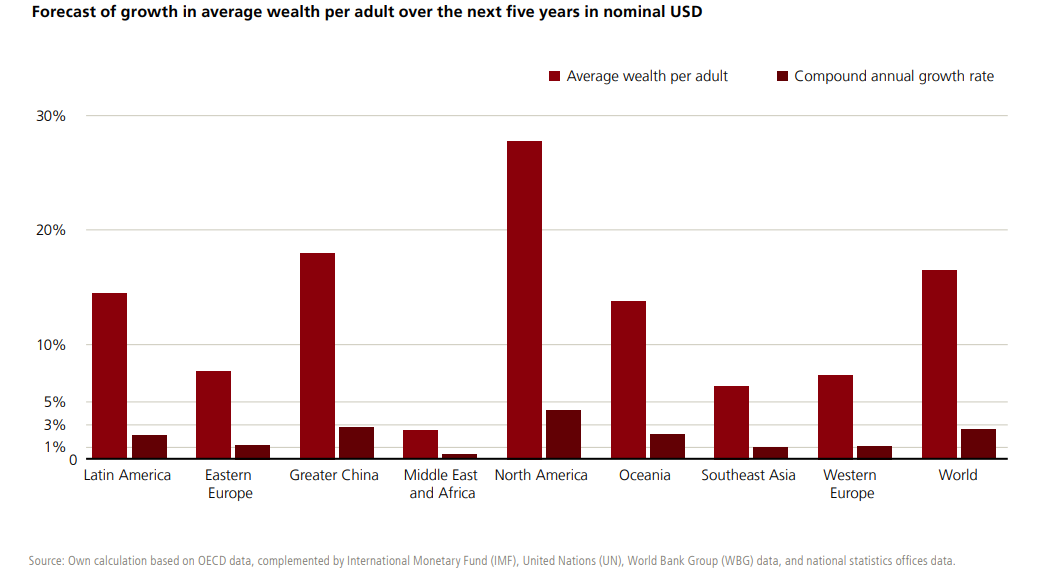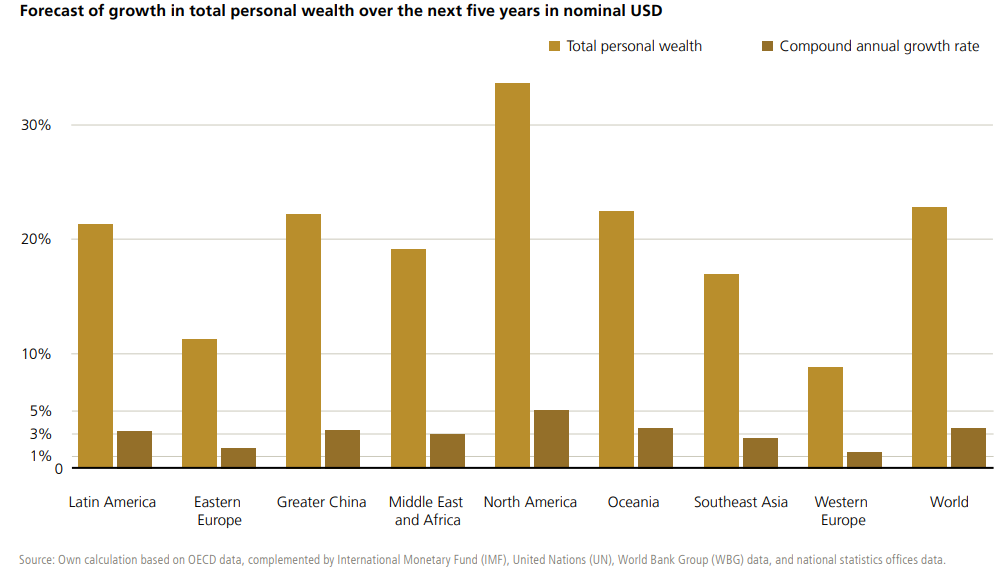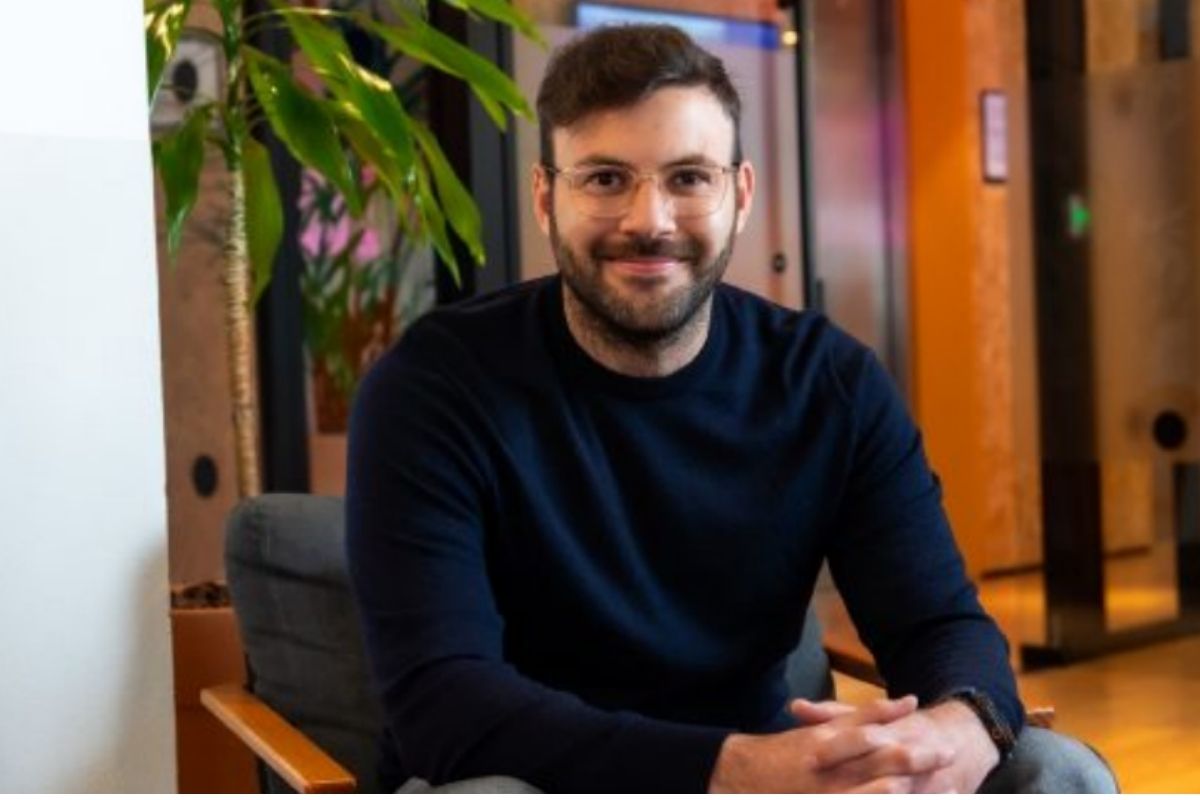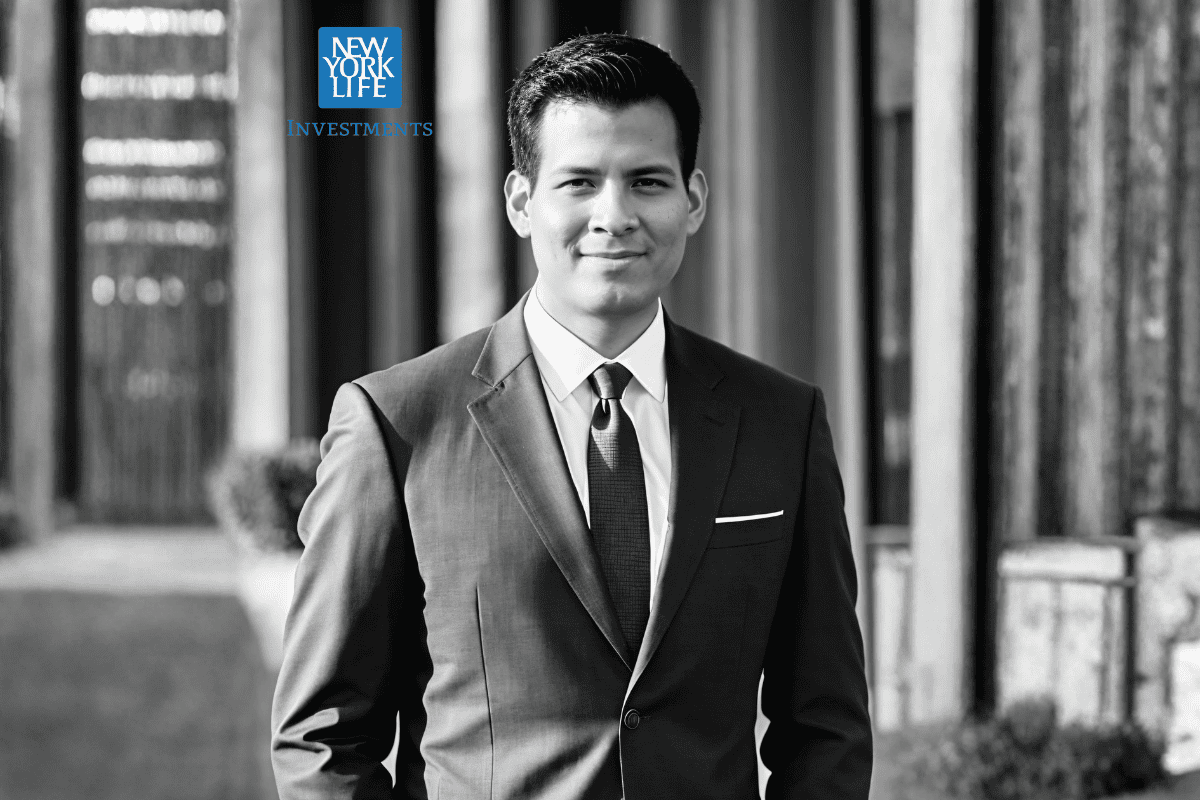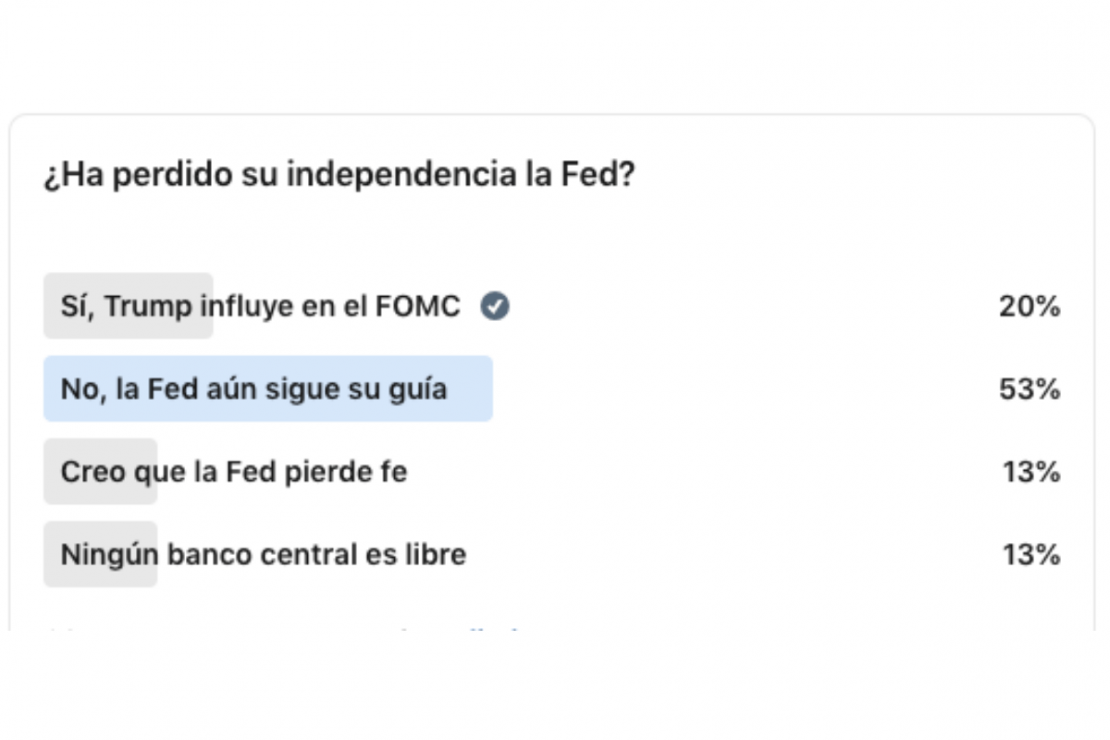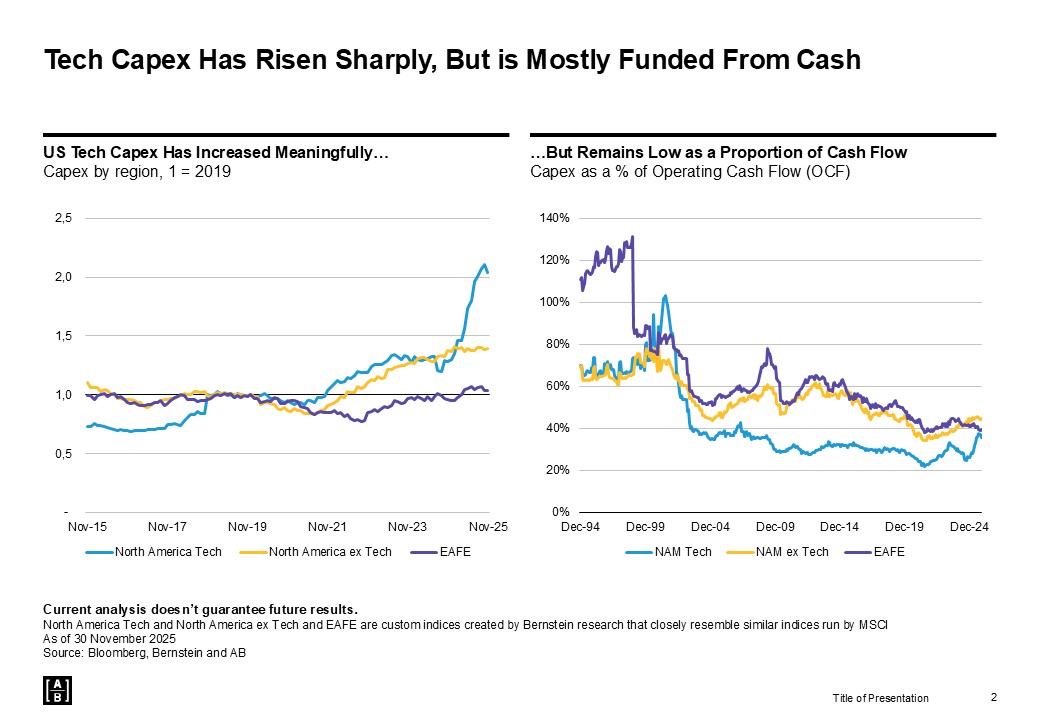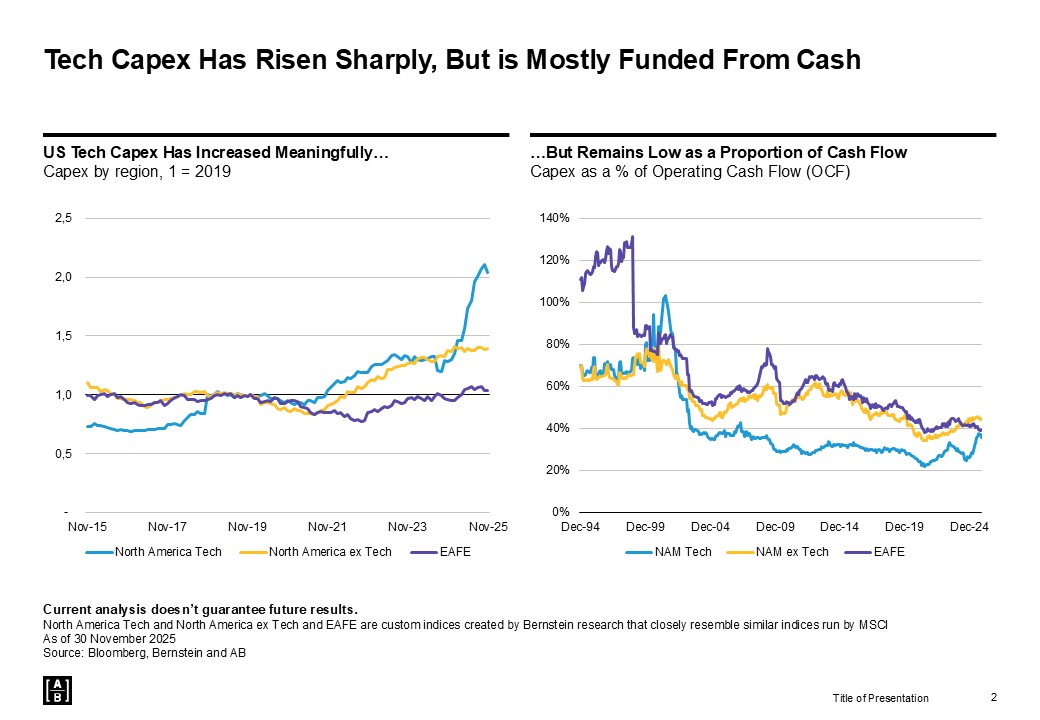Private Asset ETFs: Key Insights Into a Rapidly Growing Strategy
| By Marta Rodriguez | 0 Comentarios

A new wave of ETFs investing in private markets has made headlines over the past year. The sector is still in its early stages but evolving rapidly. The structure bundles traditionally illiquid assets into a historically liquid vehicle. Based on recent work with asset managers exploring these options, Brown Brothers Harriman (BBH) has developed a guide analyzing the factors driving the product’s evolution, as well as the opportunities, challenges, limitations, and risks it presents.
What Are Private Market ETFs and Why Are They in the Spotlight?
Unlike most listed assets, private markets, such as private equity, private debt, or private real estate, are typically illiquid. By nature, they are owned by a small group of investors, can be harder to trade, and are usually valued infrequently, often quarterly.
ETFs, in contrast, trade intraday and generally contain listed securities that are also traded throughout the day. By packaging private market assets into an ETF, investors gain exposure to an investment that is traditionally illiquid, costly, and long-term, in a more accessible way.
U.S.-domiciled ETFs are subject to regulatory liquidity requirements that limit investment in illiquid assets to no more than 15% of the fund’s net asset value.
Overall, private markets and ETFs represent two of the fastest-growing areas in the investment sector, consistently capturing an increasing share of capital flows for over a decade.
As an example, BBH cites a survey of private market investors conducted this year, which revealed strong investor confidence: of 500 global investors surveyed, 34% planned to invest in private market ETFs, and 57% sought more information about these products.
Market Context and Growth Drivers
The private market investment landscape is rapidly expanding and converging with another sector megatrend: ETFs.
- Growth of Private Markets: Private assets currently represent over $14.8 trillion in committed and deployed capital, projected to reach $20–25 trillion by 2030. Additionally, the number of U.S. public companies has declined by roughly 50% since the 1980s, making private assets a key, often untapped, opportunity for investors historically excluded from these asset classes.
- ETF Boom: The U.S. ETF market reached a total net asset value of $11.8 trillion in July 2025, with over 460 new ETFs launched in just the first half of the year, including Apollo’s and State Street Global Advisors’ first public-private credit ETFs.
- Retail Access: Historically, retail investors had limited pathways to invest in private assets. Most products were targeted at institutional or high-net-worth investors. ETFs that hold private assets offer everyday investors a means to access private markets, often with minimums as low as a single share.
Several existing ETFs already emphasize connections with alternative and private market investments. Many are innovative, successful, and provide exposure, often indirect, to private assets. However, terminology is important, and BBH defines a private market ETF as one that directly holds private assets, such as private companies, private debt, or private real estate. This includes ETFs holding private companies either directly (e.g., AGIX’s investments in xAI or Anthropic) or via a special purpose vehicle (SPV).
BBH notes that ETFs do not qualify as private market ETFs when:
- Alternative vs. Private Markets: “Alternative” is a broader term encompassing a wide variety of investments, including hedge funds. These strategies typically invest mainly in listed securities within a private fund vehicle.
- ETFs holding publicly traded investment managers whose main activity is investing in private markets (e.g., Blackstone, Brookfield, Apollo, KKR). These funds invest in listed securities that indirectly gain exposure to private markets through the ongoing business activities of the companies they own.
- ETFs invest in listed vehicles, such as business development companies (BDCs), which lend to or hold stakes in private companies.
BBH emphasizes that details matter for understanding regulatory restrictions, operational mechanisms, NAV calculations, valuations, and any relevant discussion regarding potential returns, liquidity, and risk.
Operational Mechanics of Private Market ETFs
Any ETF investing in private assets requires a well-designed valuation policy to manage daily market fluctuations, with triggers specifying when and how private asset holdings should be revalued.
Given the 15% exposure limit to private assets, investment managers must continuously monitor the mix of public and private market assets. Intraday movements in public markets can alter the fund’s overall allocation, so managers need a plan to rebalance the fund accordingly.
New Products on the Market
Recently, two ETFs have launched with an innovative approach: the IG Public & Private Credit ETF (PRIV) and the Short Duration IG Public & Private Credit ETF, both designed to provide greater exposure to private credit.
To achieve this, these ETFs have partnered with Apollo to provide firm, executable intraday offers on the portfolio via a guaranteed capital line backed by Apollo. This mechanism offers reasonable certainty that Apollo will provide liquidity if daily redemptions need to be funded, even for underlying private credit portfolios that would otherwise be difficult or impossible to liquidate during lock-up periods.
Conclusion
ETFs represent an opportunity for both managers and investors. Investment managers can expand distribution and access to private markets while offering broader exposure to a historically illiquid asset class.
Investors can view this from two perspectives:
- Institutional investors may view private market ETFs as a means to access the asset class more efficiently, with significantly fewer liquidity obligations.
- Retail investors, historically excluded from these assets, now have a pathway to participate in private market investments.
Regardless of product design, the existing 15% limit results in limited exposure to private assets. However, the current administration appears willing to reconsider many related regulations. In August, the SEC removed the 15% limit for registered closed-end funds investing in private funds.
“This is welcome news for the fund community and is likely to drive increased demand for such funds,” the BBH report notes, adding that it also serves as “a potential signal of the administration’s intent to increase access to alternative assets, which could foreshadow future developments in the ETF space.”


